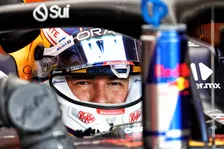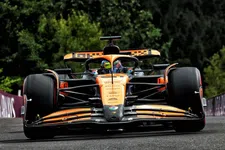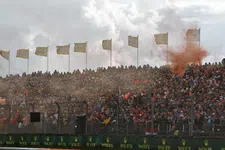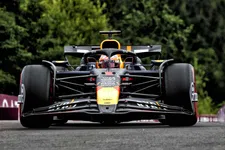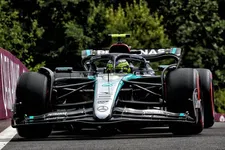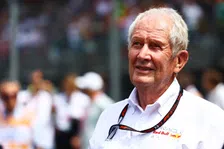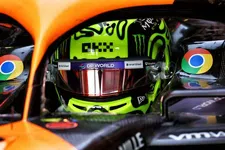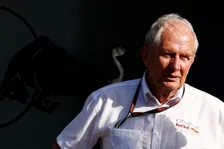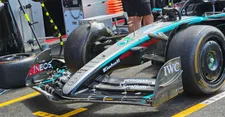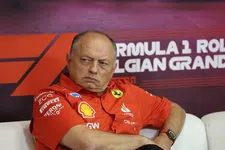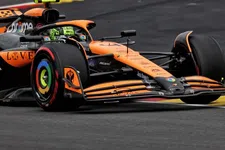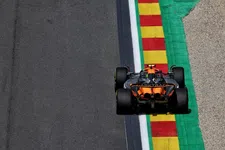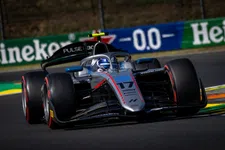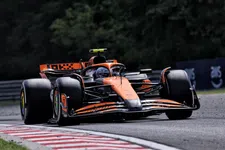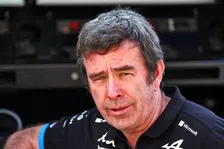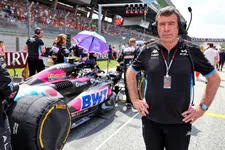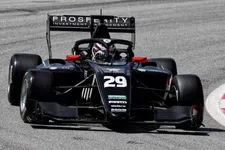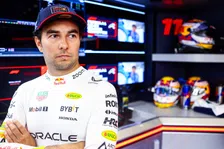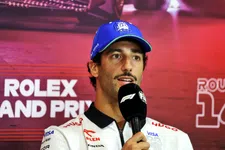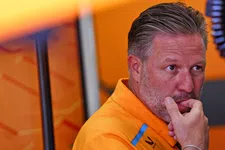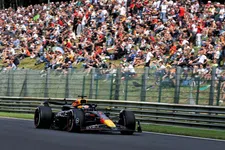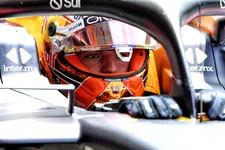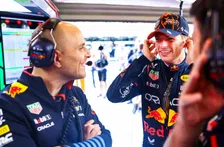Williams joins illustrious list: Condoms, naked girls and organs
F1 News
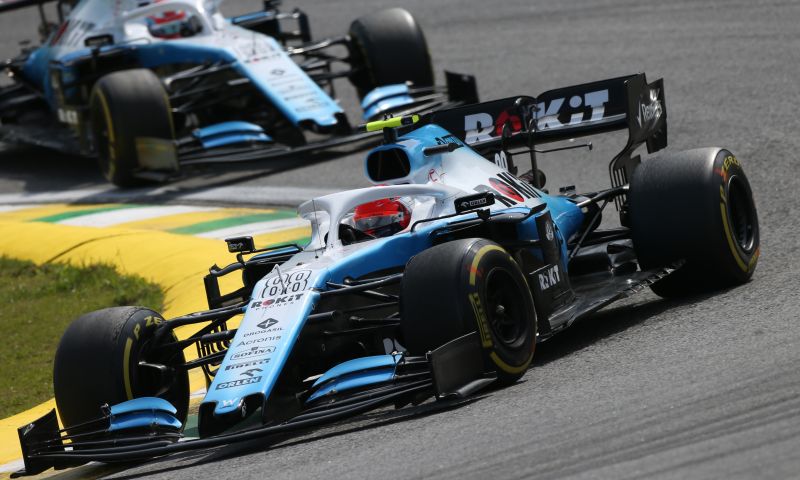
- GPblog.com
Once upon a time, ROKiT and Williams F1 were partners. But now, nothing is left of the mutual love. After the F1 team previously took its former main sponsor to court (and was proven right), it is now ROKiT's turn to do the same to Williams. No less than $149 million is being claimed by the US company for reputational damage, making ROKiT the latest sponsor to cause a stir in Formula 1.
Durex (Surtees)
Safety is paramount in Formula 1, at least these days. In the late 1970s, safety was not really an issue, even when it came to the safety of F1 fans around the world.
It is among the most legendary sponsorship deals ever in Formula 1. In 1976, the condom brand Durex decided to become a sponsor of Surtees. Legendary BBC commentator Murray Walker thought it was "totally unacceptable" because F1 was watched on television by young and old alike. His employer bluntly agreed with their anchor, and the broadcaster, therefore, made a case for the brand name 'Durex' to disappear from the cars immediately. If this did not happen, the BBC refused to televise Formula 1 any longer.
Surtees held firm, and the BBC stopped broadcasting. For much of the year, Formula 1 was not broadcast on British TV. Only after many viewers indicated they wanted to see the exciting denouement of the season did the broadcaster return for the Japanese Grand Prix.
Penthouse (Hesketh Racing)
Durex found the BBC a problem, but sponsor Penthouse - indeed, the nude magazine - caused less excitement at the English channel. For years, an image of a voluptuous lady could be found on the front and side of the Hesketh. In a largely conservative society, not everyone could appreciate this.
Entering Formula 1 in the 1970s was quite easy. You designed a chassis on a sunny afternoon, bought an engine, and got onto the track. Hesketh was a team that had competed in the lower racing classes with one James Hunt and, at some point, decided to take the plunge into Formula One. Performing was a nice touch, but having fun was the main thing. So with the ultimate playboy Hunt also in the cockpit in F1, Penthouse was a logical moneymaker.
By the early 1980s, the magazine was done with it, and Penthouse disappeared from Formula 1.
Rich Energy(Haas F1)
Guenther Steiner probably still gets itchy all over whenever the name William John Storey emerges. The former professional gambler and tobacco farmer in Zimbabwe got involved in the energy drink Rich Energy midway through the last decade. To generate more brand awareness, Rich Energy decided to get into Formula 1. In 2018, it was announced that the company became the name sponsor of Haas, which had only recently made its entrance into the premier motorsport class.
The team's performance was as you would expect: mixed, with more lows than highs. For Storey, that was not enough. He wanted to win or at least see podium finishes. When these failed to materialise, the flamboyant Briton decided to end his sponsorship with immediate effect. At Haas, people - Steiner, first and foremost - were dumbfounded. Not much later, Rich Energy's shareholders announced no farewell to Haas at all. By then, the story was done: Haas itself ended the partnership on the weekend of the Italian Grand Prix in Monza.
Southern Organs (Surtees)
It was a bizarre story in 1975, and once again, Surtees' team was involved. Before the British Grand Prix, a company came forward to mediate between lenders and churches so that they could purchase expensive organs. And so that company, called Southern Organs, wanted to be on the side of a Formula One car.
Afterwards, it turned out that Southern Organs - you wouldn't expect it, no - was a group of crooks: no church ever got an organ delivered, and funders lost their money. The founders were eventually arrested on Priest Island, an uninhabited islet off the coast of Scotland, and jailed for an extended period.
Uralkali (Haas F1)
Haas appears not so lucky in finding the right main sponsor. After the soap opera with Rich Energy, the team joined forces with Russian Uralkali a year later. At the head of this oil company was Dmitry Mazepin, a stone-rich Russian who happened to have a son who was a racing driver. On his own, Nikita Mazepin would never reach Formula 1. With some sponsorship money - say tens of millions - it was different. Haas needed some funding, so Mazepin was put in the car with the sponsor of Uralkali.
Viewers of the Netflix series Drive to Survive will, no doubt, remember: team boss Steiner turned out not to be such a fan of driver Mazepin. The Russian was often the straggler on the grid due to the preferential treatment given to teammate Mick Schumacher, according to the Mazepin camp, a claim denied by Haas to this day.
In any case, all this led to friction between Haas and the Mazepin family. Papa Dmitry seriously considered withdrawing his sponsorship money. After probably realising that this also meant the end of Nikita's F1 career, the deal was still extended for the 2022 season. However, before one metre had been run, Russia invaded Ukraine. Haas immediately bid farewell to Uralkali and the Mazepins.
Since then, it has been a threat of lawsuits between the two sides. Both want to see money. Because of the sanctions towards Russia, it just remains a lot of shouting for now.
T-Minus (Arrows)
It's an upside-down world: first, invent a brand name, buy into a Formula 1 team to generate fame with that brand, and only then think about what you will actually sell with that brand.
Sounds unrealistic, doesn't it? Arrows fell for it anyway in 1999, when a Nigerian came forward and claimed to belong to his country's royal family. Prince Malik was the man's name, and he had the name T-Minus prominently displayed on the Arrows of Pedro de la Rosa and Toranosuke Takagi.
After months of waiting, the prince announced at Monza that T-Minus was launching an energy drink. This would be followed by all kinds of merchandise, right down to expensive motorbikes. It never got that far. The moment sponsorship payments to Arrows subsequently failed to materialise, the English team pulled the plug on the partnership.
Nothing was heard of Prince Malik after that.

